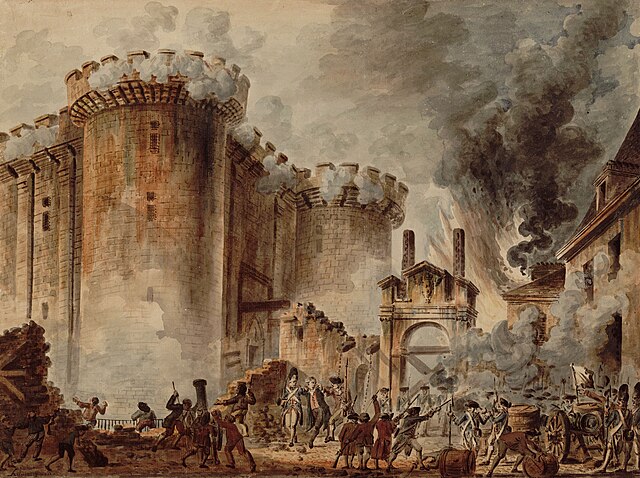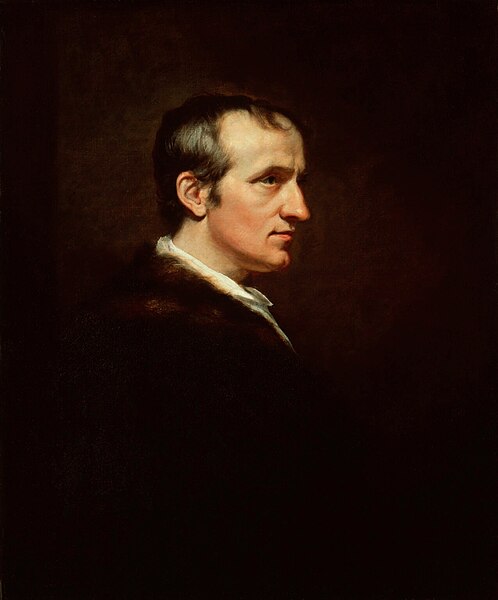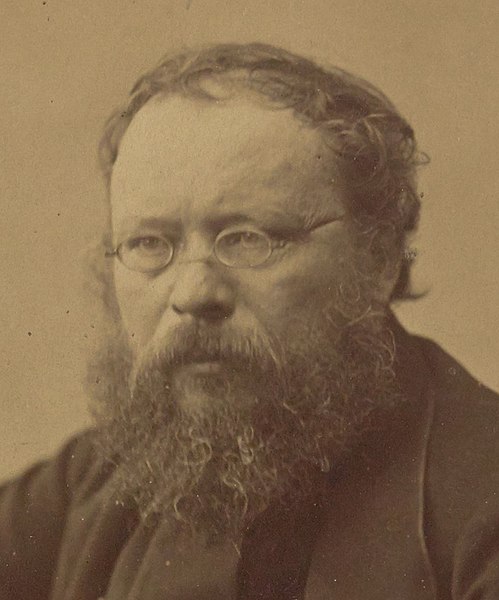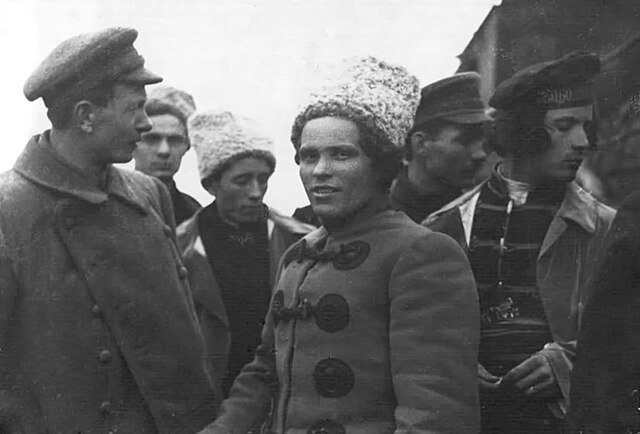According to different scholars, the history of anarchism either goes back to ancient and prehistoric ideologies and social structures, or begins in the 19th century as a formal movement. As scholars and anarchist philosophers have held a range of views on what anarchism means, it is difficult to outline its history unambiguously. Some feel anarchism is a distinct, well-defined movement stemming from 19th-century class conflict, while others identify anarchist traits long before the earliest civilisations existed.
Diogenes of Sinope advocated anarchistic forms of society
The Storming of the Bastille inspired generations of anarchists
William Godwin, a founder of modern anarchist theory
Pierre-Joseph Proudhon, the first self-described anarchist and founder of mutualism
Anarchism is a political philosophy and movement that is against all forms of authority and seeks to abolish the institutions it claims maintain unnecessary coercion and hierarchy, typically including the state and capitalism. Anarchism advocates for the replacement of the state with stateless societies and voluntary free associations. As a historically left-wing movement, this reading of anarchism is placed on the farthest left of the political spectrum, usually described as the libertarian wing of the socialist movement.
Wilhelm Weitling is an example of a writer who added to anarchist theory without using the exact term.
Zeno of Citium (c. 334 – c. 262 BC), whose Republic inspired Peter Kropotkin
Nestor Makhno seen with members of the anarchist Revolutionary Insurgent Army of Ukraine
Rojava's support efforts for workers to form cooperatives is exemplified in this sewing cooperative.








